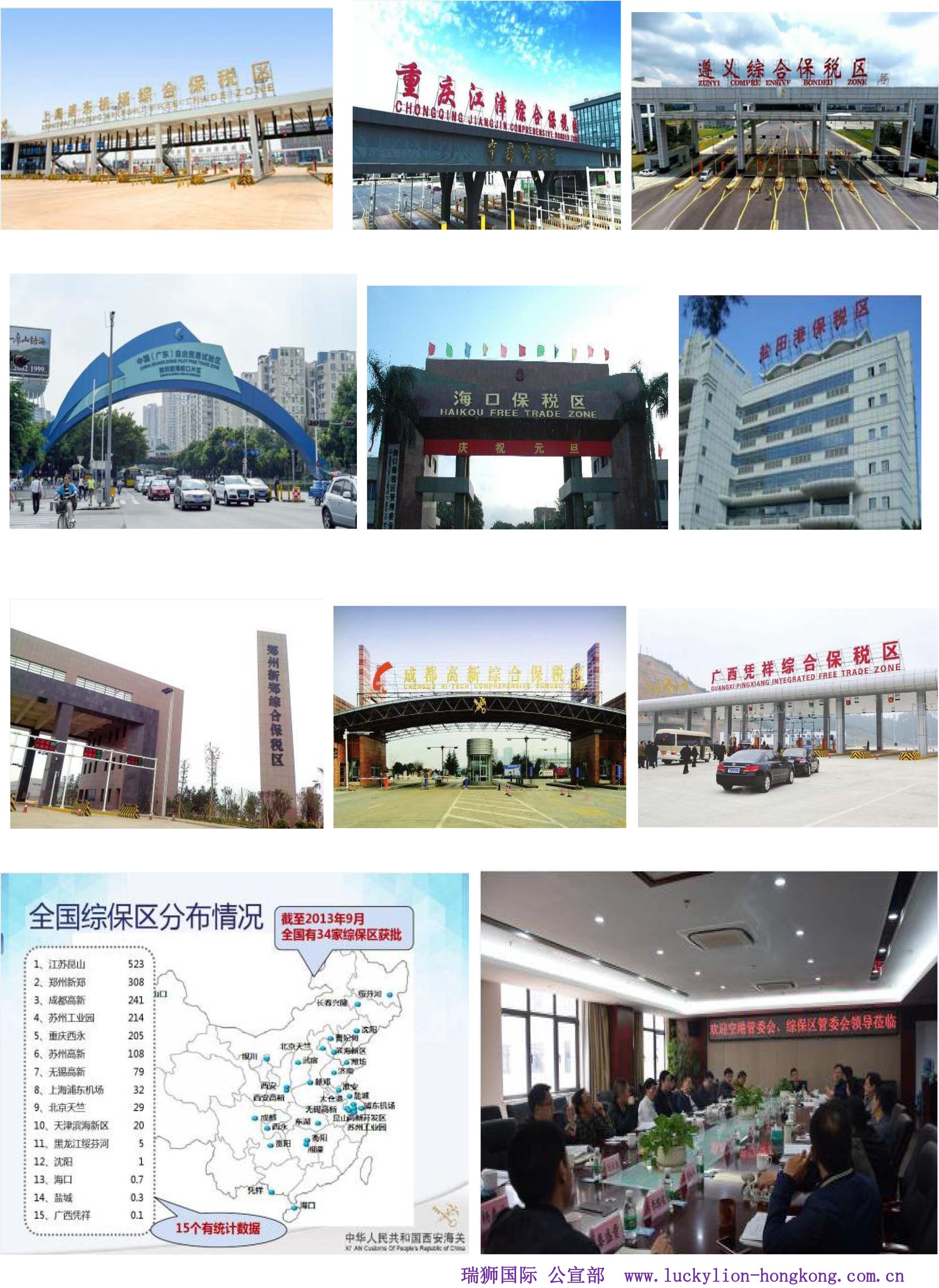Export LCL, warehousing distribution
Applicable customer base--Shenzhen Yantian Comprehensive Bonded Zone, Futian Free Trade Zone (example)
1. An international trading company purchases goods in China, and the number of suppliers and products has changed. If it is exported to foreign countries, it is necessary to set up warehouses abroad and then distribute the goods. Foreign labor and warehousing costs are high, and setting up a global warehousing distribution center in China can reduce operating costs.
2. The freight forwarding company, commissioned by foreign buyers, needs to consolidate the goods of several Chinese suppliers into one whole cabinet.

Import bonded warehouse
Applicable customer base--Shenzhen Yantian Comprehensive Bonded Zone, Futian Free Trade Zone (example)
1. The goods purchased by the trading company from abroad have arrived in Hong Kong, but have not yet found the purchase target or the delivery date has not arrived, and do not want to pay import taxes and fees for the time being. If you do not find a customer in the end, you can easily return it abroad without import taxes.
2. Trading companies have long-term sales targets in China. The other party is a processing trade enterprise that requires bonded imports and can be supplied at any time through bonded warehouses.
3. Trading companies have long-term sales targets in Hong Kong and overseas. Through the operation of Shenzhen Free Trade Zone, it is convenient for customs clearance and can reduce the increasing cost of warehousing and labor in Hong Kong.
4. Canadian trade enterprises hope to establish a bonded storage center for imported raw materials to alleviate the pressure on the warehouse space of the factory and the shortage of manuals.

International transfer (re-export trade), international LCL
Applicable customer base--Comprehensive Bonded Zone, Futian Free Trade Zone (example)
1. A trading company purchases goods from a country and resells them to customers in a second country. Trading companies need to protect trade secrets and not let the consignee and shipper know each other's information. Therefore, we must first send the goods to a third country and then transfer them.
2. A trading company purchases goods from a certain country and resells them to customers in a second country. However, the country of origin and the country where the customer is located are not the most favored countries with tariffs, or there are trade barriers, and the international transfer can be solved through the Shenzhen Free Trade Zone.
3. The trading company purchases goods from a certain country and resells them to customers in the second country. However, it also needs to purchase some products in China, and then put them into the whole cabinet and then ship them. You can carry out international consolidation through the Shenzhen Free Trade Zone.

Return (return) inspection, maintenance
Applicable customer base--Futian Comprehensive Bonded Zone, Futian Free Trade Zone (example)
After receiving the goods from the domestic factories, foreign customers found that the quality of the products was defective, required to return to the factory for inspection and maintenance, and the general import and export shores, and the export goods to apply for retreat to return to the factory for repair, is very cautious. Customers are required to provide return agreements with foreign customers. In addition, due to tax refunds and write-offs at the time of export, it is necessary to complete the relevant procedures, and then the customs will review whether they are allowed to withdraw. The procedures are complicated, and the process time is more than one month. The goods are often stranded and often generate huge logistics costs. In fact, the current policy of the Shenzhen Free Trade Zone can be fully utilized. In the case of not going through the formalities for import clearance, the goods arriving in Hong Kong can be picked up for 3 days, and then the factory will send people to the bonded warehouse for testing, repair, and then sent back to foreign countries.
Return to Hong Kong for packaging, labeling, and changing of steamed bread
Applicable customer base--Shenzhen Yantian Comprehensive Bonded Zone and Futian Free Trade Zone (example)
After receiving the goods from the domestic factories, foreign customers found that all the products were packaged, labelled, and the gimmicks were inconsistent with the requirements. They were required to return to the factory and reorganize, and the general import and export shores were very cautious when applying for the return of goods to the factory.
Customers are required to provide return agreements with foreign customers. In addition, due to tax refunds and write-offs at the time of export, it is necessary to complete the relevant procedures, and then the customs will review whether they are allowed to withdraw. The procedures are complicated, and the logistics time is more than one month. In fact, the current policy of the Shenzhen Free Trade Zone can be fully utilized. In the case of not completing the import clearance procedures, the goods arriving in Hong Kong can be picked up for 3 days, and then the factory will send people to the bonded warehouse for testing, maintenance, and then sent back to foreign countries.

